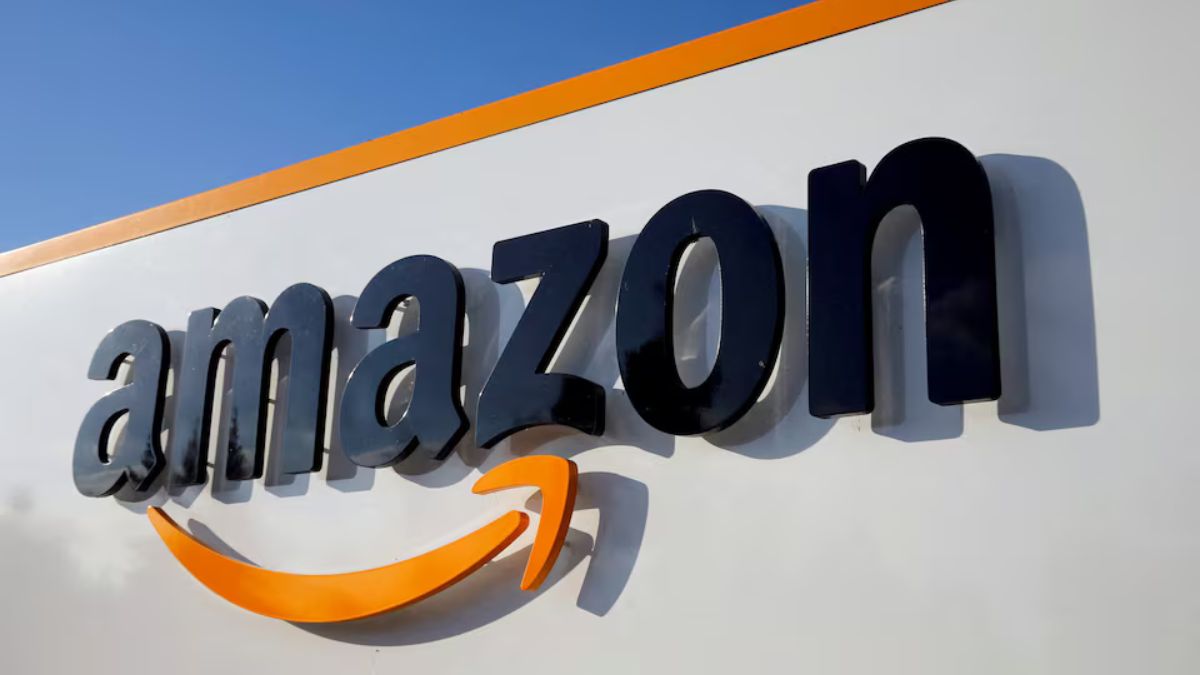- By Mayukh Debnath
- Wed, 18 Sep 2024 04:29 PM (IST)
- Source:JND
Amazon RTO News: E-commerce giant Amazon has decided to do away with its hybrid work model beginning next year when it plans to transition to a full-fledged work-from-office paradigm, which will require employees to work at company offices five days per week. The change is necessary to "invent, collaborate and be connected", wrote CEO Andy Jassy in a letter to employees on Monday posted to its website.
He said the experience of a three-day mandate "strengthened our conviction about the benefits" of in-office work. The mandate has been deeply unpopular among a vocal group of employees who have said working from home is both effective and spares time and money for commuting. The memo by Amazon triggered a hilarious reaction on social media, with users sharing memes and edits to reflect employee discontent over the move.
An X user with the handle "ahmadaccino" shared an edit depicting a humorous take on Amazon's expectations about employee productivity regarding its work-from-office mandate. The message accompanying the post read, "how amazon thinks their engineers will be like after returning to office."
how amazon thinks their engineers will be like after returning to office: pic.twitter.com/XM74rFijoC
— ahmadaccino (@ahmadaccino) September 17, 2024
Meanwhile, another handle shared a gif featuring US Vice President and Democratic presidential candidate Kamala Harris. The said gif depicted Amazon employees' reaction to the latest company-wide announcement.
Amazon telling employees to return to the office 5 days a week lol pic.twitter.com/T6xL2tvRnq
— MoneyBaggMyMy (@InfoSecQueen) September 16, 2024
Another gif shared by a different user showed a hilariously distressed Micheal Scott from popular American 'The Office'.
Amazon: "We want everyone back in the office 5 days a week starting on Jan 2 2025 because somehow, being on a video call is better in the office than it is at home." pic.twitter.com/XoWA8MGv1L
— Миша (@mikecherry) September 16, 2024
Taking a jibe at Amazon's decision to scrap its current two-day remote work option, an X account named "high jinx" shared a light-hearted gif, saying they hoped the move was not replicated across "corporate America".
Amazon is forcing employees to return to office 5 days a week in January. Praying this doesn’t ripple across corporate America. pic.twitter.com/nIH02ZS3Kj
— high jinx (@TyrannyBanks) September 16, 2024
In May last year, workers at Amazon's Seattle headquarters staged a walkout protesting changes to the e-commerce giant's climate policy, layoffs and a return-to-office mandate. As part of an organizational restructuring, Amazon is looking to increase the ratio of individual contributors to managers by at least 15% by the end of the first quarter of 2025.\
(With inputs from Reuters)
